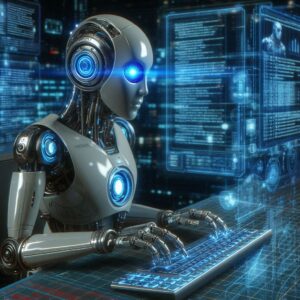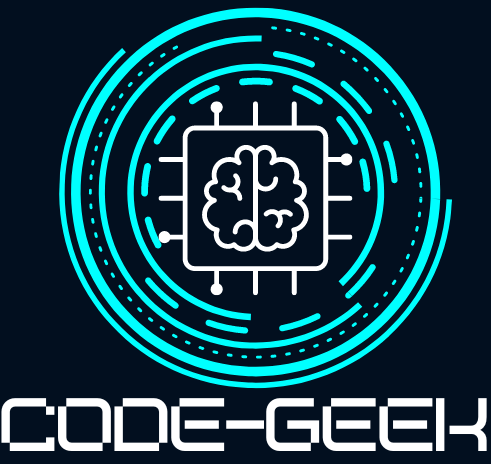

Artificial
Intelligence (AI) has emerged as a transformative force across various
industries, and its impact on Information Technology (IT) is profound. From
enhancing efficiency and automation to revolutionizing decision-making
processes, AI is reshaping the landscape of IT.
In this blog post, we will explore the key
areas where AI is making a significant impact on Information Technology and its
implications for the future.
Automation
and Efficiency:
AI
technologies, such as machine learning and robotic process automation, are
streamlining and automating repetitive tasks in IT operations. This leads to
increased efficiency and productivity by reducing manual efforts, minimizing
errors, and enabling faster response times. AI-powered automation also allows
IT professionals to focus on more complex and strategic initiatives, driving
innovation and growth.
Intelligent
Data Analytics:
is revolutionizing data analytics by enabling organizations to derive actionable
insights from vast amounts of data. Machine learning algorithms can process and
analyze complex data sets at scale, identifying patterns, trends, and anomalies
that humans may overlook. AI-powered analytics empowers businesses to make
data-driven decisions, improve forecasting accuracy, enhance customer
experiences, and gain a competitive edge in the market.
🔒🔑🔎Cybersecurity
and Threat Detection:
With
the growing complexity and sophistication of cyber threats, AI is becoming a
vital tool in cybersecurity defense. AI-powered solutions can analyze network
traffic, detect anomalies, and identify potential security breaches in
real-time. By continuously learning and adapting to evolving threats, AI
enhances the ability to detect, prevent, and respond to security incidents,
bolstering overall IT security posture.
Intelligent
Virtual Assistants:
AI-powered
virtual assistants, like chatbots, are transforming customer support and IT
helpdesk functions. These assistants can handle routine inquiries, provide instant
responses, and offer personalized assistance, improving customer satisfaction
and reducing the burden on IT support staff. Additionally, AI-driven chatbots
can leverage natural language processing to understand and respond to user
queries, creating more engaging and interactive user experiences.
Predictive
Maintenance:
AI-driven
predictive maintenance is revolutionizing IT infrastructure management. By
analyzing historical data, AI algorithms can predict and identify potential
hardware or software failures before they occur. This proactive approach to
maintenance minimizes downtime, optimizes resource allocation, and reduces
costs associated with reactive repairs. Predictive maintenance enables IT teams
to maximize uptime, improve reliability, and optimize IT infrastructure
performance.
Artificial
Intelligence is reshaping the IT landscape, empowering organizations with
automation, intelligent analytics, enhanced cybersecurity, and improved
customer experiences. As AI continues to advance, it will further revolutionize
how IT functions, enabling IT professionals to focus on strategic initiatives
while AI handles routine tasks. Embracing AI technologies in Information
Technology will be essential for businesses to stay competitive, drive innovation,
and unlock new opportunities in the digital era.
The future of IT is
AI-powered, and organizations that adapt and harness its potential will thrive
in the evolving technological landscape.









.jpg)
